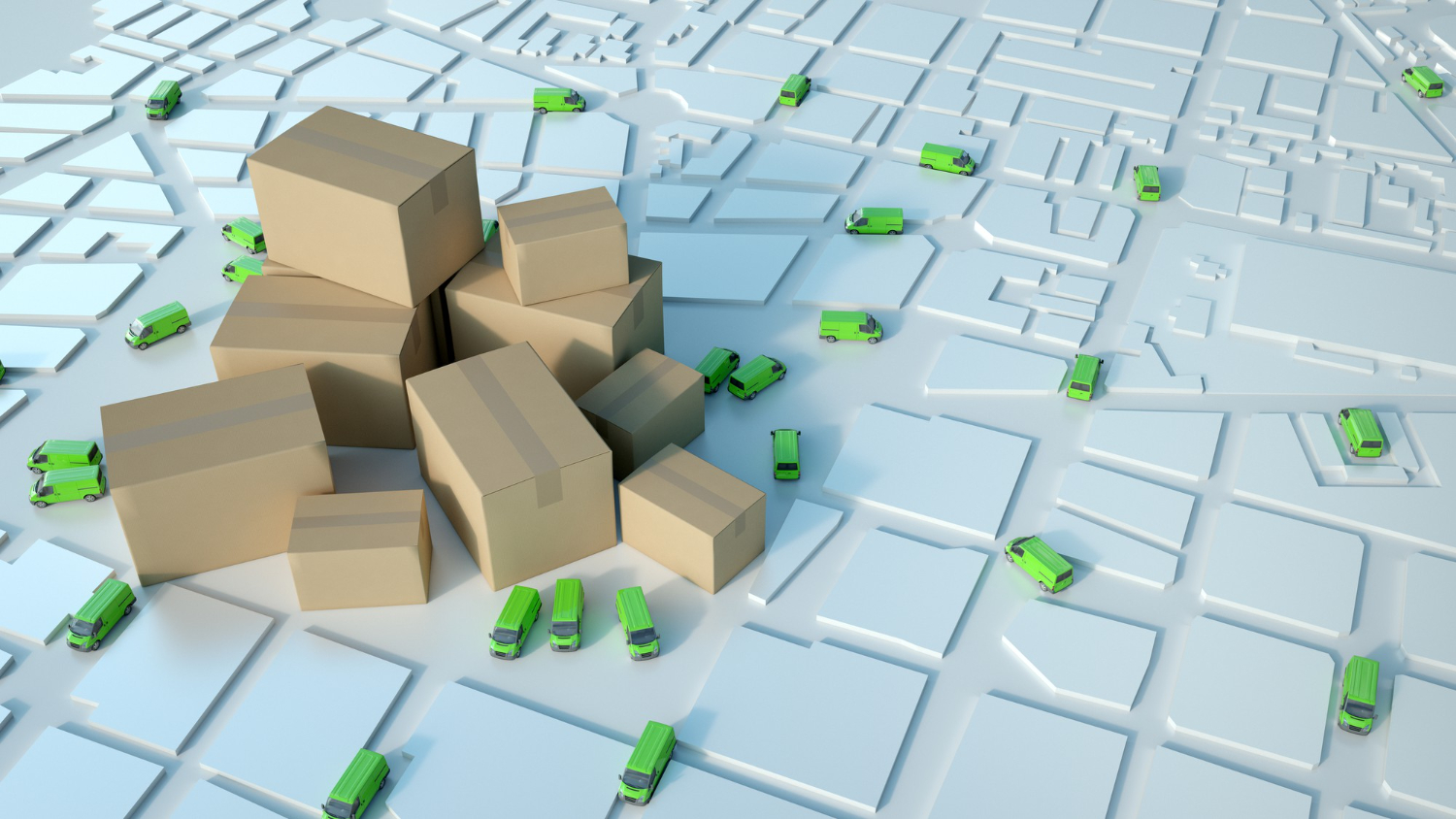‹ LIST OF ARTICLES
29 de mayo de 2024
Reverse logistics, a great ally of the circular economy
Reverse logistics has become an essential component of the circular economy, as it plays a critical role in the efficient management of resources and minimizing environmental impact. When we talk about reverse logistics, we are referring to the process of managing the flow of products from the end consumer to the manufacturer or supplier. This includes a whole range of activities such as returns, repairs, recycling, and reconditioning.
Reverse logistics allows companies to recover value from used products and contribute to the circular economy by reducing waste and the need for new resources.
What are the benefits?
- Reduce resource consumption: It makes it possible to recover materials and products that would otherwise be discarded. This helps reduce the need to extract new resources, which in turn reduces environmental impact.
- Reduces waste generation: It allows waste to be reused and recycled, helping to reduce the amount of waste sent to landfills.
- It improves the efficiency of the production system: It allows value to be recovered from waste, which can help companies improve their efficiency and profitability.
- Improve brand image: Companies committed to sustainable and responsible practices in turn attract socially and environmentally committed consumers. Reverse logistics demonstrates that the company is committed to the environment and the community.
- Cost Savings: Reverse logistics can lead to significant savings. For example, refurbishing and reselling returned products can be more cost-effective than disposing of them.
In addition, there are several examples of reverse logistics in practice.
- E-waste collection: These are a growing problem as they contain heavy metals and other toxic materials. Reverse logistics helps to recover this waste for recycling or reuse.
- Recovery of building materials: Building materials, such as concrete and steel, can be recovered and reused. This helps to reduce the consumption of new materials.
- Return of products: Consumers are becoming more aware of the environmental impact of their purchases. This has led to an increase in product return programs, which allow consumers to return products they no longer need.

